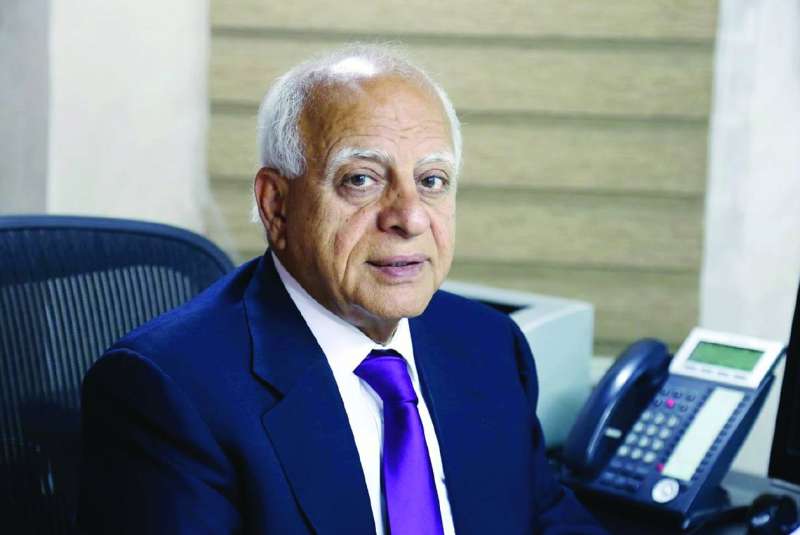29/06/2024
29/06/2024
In May 2007, Australian businessman Steve Killea initiated the development of a composite index aimed at quantifying the level of peacefulness among countries.
This index, known as the Global Peace Index (GPI), comprises 23 indicators, encompassing both quantitative and qualitative aspects, with scores ranging from 1 to 5. A lower score indicates a higher level of peace within a country.

Killea garnered support and endorsement for the GPI from influential figures such as the Dalai Lama, Desmond Tutu, Muhammad Yunus, Mary Robinson, Jimmy Carter, and others. Their moral backing underscored the index's significance in promoting global peace and stability.
Annually, the GPI assesses each country across several critical dimensions and publishes a detailed report. This report is highly regarded by major countries and global entities, influencing investment decisions and diplomatic relations. As a result, the GPI has gained substantial respect and recognition worldwide.
Key factors examined in the GPI include involvement in domestic and international conflicts, casualties from conflicts, levels of internal civil unrest, relations with neighboring countries, social cohesion and trust within the population, percentage of displaced persons, political stability, respect for human rights, risk of terrorist activities, homicide rates, military expenditures, fatio of military personnel to the population, import and export of weapons, accessibility to firearms and military capabilities and development
In the 16th edition of the Global Peace Index for 2024, which evaluates 163 independent countries and regions based on their level of peacefulness, Tunisia emerged as the top-ranked country among the Maghreb nations and fifth overall in the Arab world. This recognition underscores Tunisia's strides towards maintaining peace and stability within its borders.
Yemen remained at the bottom of the rankings, reflecting ongoing challenges and conflicts within the country. Palestine was ranked 145th, while the occupying entity, likely referring to Israel, was positioned at 155th place.
A noteworthy highlight from the 2024 edition was Kuwait's achievement of topping the rankings within the Arab world, securing the 25th position globally.
This accolade represents a significant accomplishment for Kuwaiti governance, underscoring its commitment to peace and stability, and elevating its global standing with profound implications and importance.
Such rankings in the Global Peace Index are crucial as they provide valuable insights into each country's progress and challenges in maintaining peace, influencing international perceptions, policies, and strategic decisions.
After the recent events, particularly the tragic Mangaf fire resulting in innocent casualties due to negligence and corruption, it's commendable how His Excellency the Minister of the Interior responded swiftly.
However, it's crucial to recognize that global indicators are closely monitoring our actions. These indicators emphasize the importance of conscience, adherence to state laws, and above all, the implementation of justice.
In any legal process, it's fundamental to uphold the principle that every accused person is innocent until proven guilty in a court of law.
This principle underscores our commitment to the rule of law, which is essential for maintaining societal order and justice. Senior officials, such as the First Deputy Prime Minister, must be keenly aware of these principles and ensure they are upheld in all circumstances.
The Public Prosecution plays a pivotal role in representing society and advocating for justice in accordance with international standards, including those outlined in the Universal Declaration of Human Rights, which Kuwait has ratified. Violations of these standards not only tarnish our reputation as a nation and government but also diminish our credibility in honoring international conventions and treaties.
Beyond mere self-respect, our adherence to these principles demonstrates our commitment to justice and fairness for all individuals within our society. It's imperative that we continue to uphold these values rigorously, thereby safeguarding our integrity on the global stage and reinforcing our status as a responsible member of the international community.
e-mail: [email protected]
By Ahmed alsarraf


